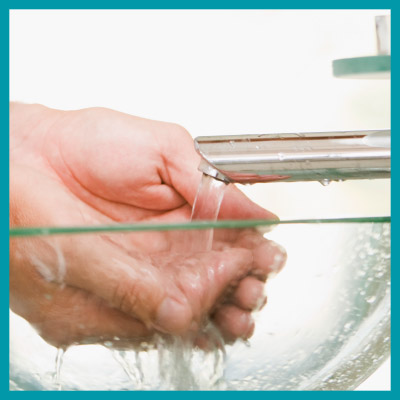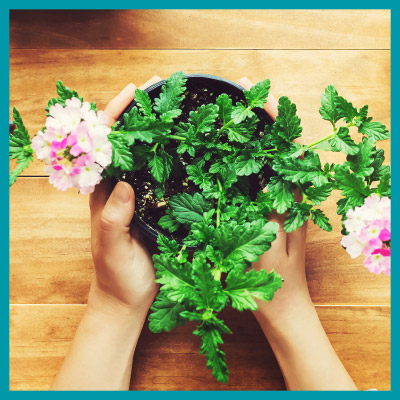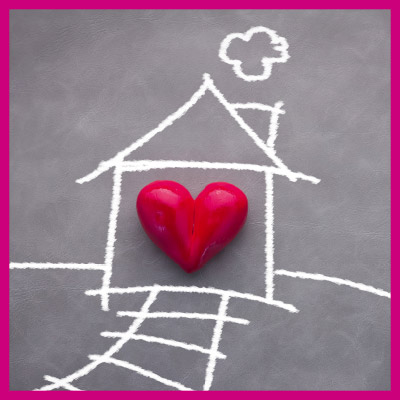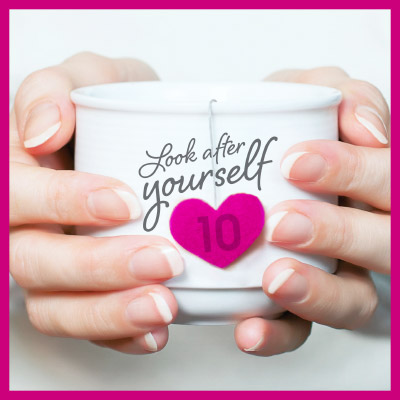Article written by Ed Weaver, registered psychologist.
People with ABI and their families aren’t strangers to dealing with adversity. Still, this is a new situation for everyone, and it poses new challenges.
Here are 10 tips for looking after your mental health in the weeks and months ahead.
 Stay connected
Stay connected

 Don’t fight anxiety
Don’t fight anxiety

 Focus on what you can control
Focus on what you can control

 Find time for fresh air
Find time for fresh air

 Switch off
Switch off

 Move your body
Move your body

 Maintain routines and be productive
Maintain routines and be productive

This could be:
- Improving your garden or growing a veggie patch
- Taking up a new hobby
- DIY jobs around the home
- Learning a musical instrument
- Trying some new recipes (this can only help with the next tip, too!)
 Make a big effort in your relationships
Make a big effort in your relationships

 Help others (and yourself in the process)
Help others (and yourself in the process)

 Relax, it’s important
Relax, it’s important

If you do find yourself really struggling, there is support available. Psychologists offer telehealth sessions, and your GP can provide a referral. There is also Lifeline on 13 11 14

 Stay connected
Stay connected Don’t fight anxiety
Don’t fight anxiety Focus on what you can control
Focus on what you can control Find time for fresh air
Find time for fresh air Switch off
Switch off Move your body
Move your body Maintain routines and be productive
Maintain routines and be productive Make a big effort in your relationships
Make a big effort in your relationships Help others (and yourself in the process)
Help others (and yourself in the process) Relax, it’s important
Relax, it’s important